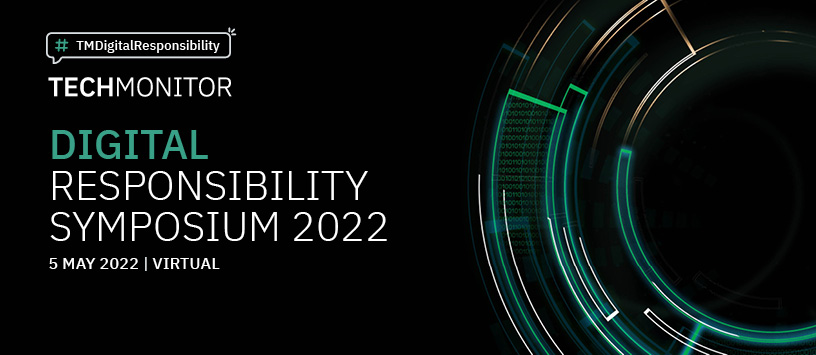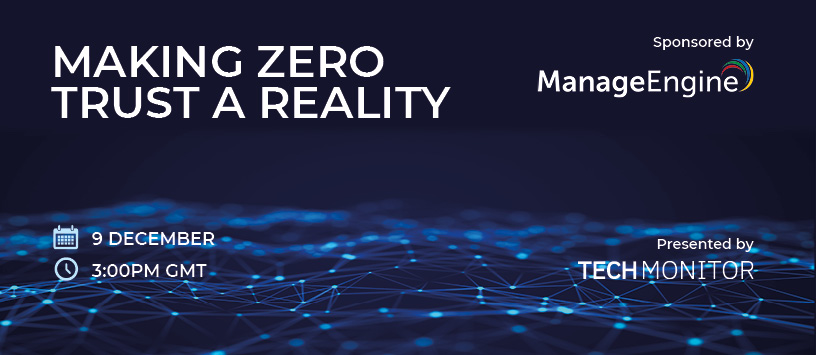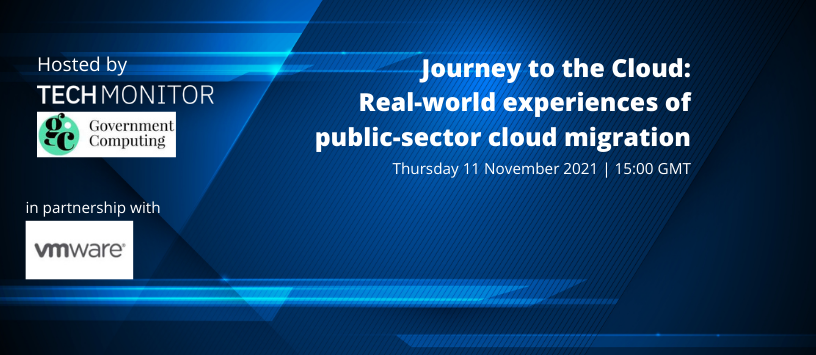
Tech Monitor’s inaugural Digital Responsibility Summit will explore the
major issues around trust, ethics and responsibility of technology.
As the pace of technological change continues to accelerate, questions are
being raised about the potential of technology – and those developing,
regulating, implementing, and using it – to build a better future.
Led by our expert journalists, the Summit will tackle everything from cyber security, data bias and transparent development of AI to sustainable tech, diversity and inclusion, culture and skills.
This free-to-attend virtual summit will bring together senior IT decision-makers to tackle some of the biggest – and increasingly urgent – questions around responsible development, implementation and lasting impact of technology.
Key Topics:
- The ethics of AI: how can known pitfalls like data bias be
avoided? What are the new pitfalls that designers and
developers must watch out for? - Sustainable IT procurement: how are businesses and
governments building responsibility into the procurement
of their technology stacks? What else can be done to ensure
that IT departments are contributing to sustainability goals? - Technology and ESG: are there major crossover areas
where technological innovation can have a positive impact
on ESG issues? - IT and the public sector: do healthcare providers, local
governments and blue-light services have different levels of
technological responsibility towards citizens? How are they
managing these expectations? What can the private sector
learn about responsible tech? - Data protection and zero trust: how can developers and
businesses mitigate the ever-present threat of attack?
What more can they do to remain responsible in the event
of breaches? - GDPR: will the UK roll back data protection legislation? If
so, what can businesses expect in its place? Is regulation
encouraging more responsible treatment of data more
generally, or does it remain a tickbox exercise?








